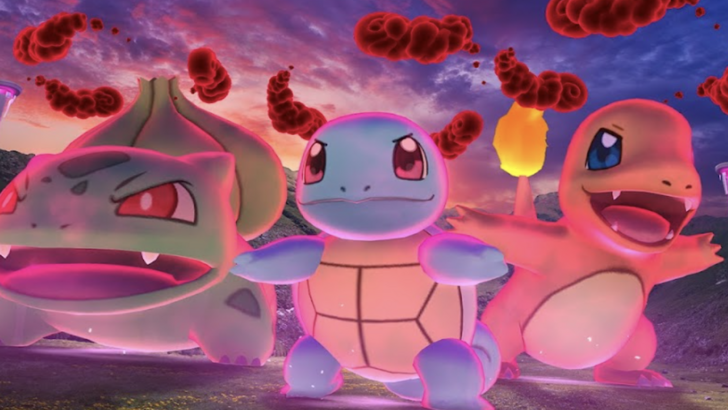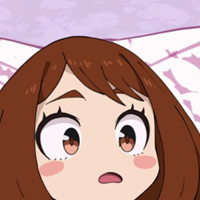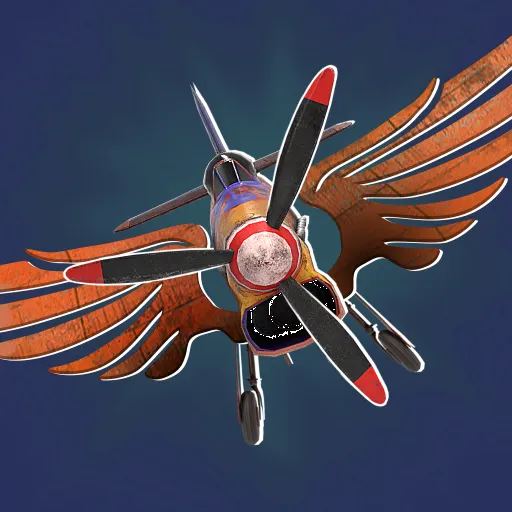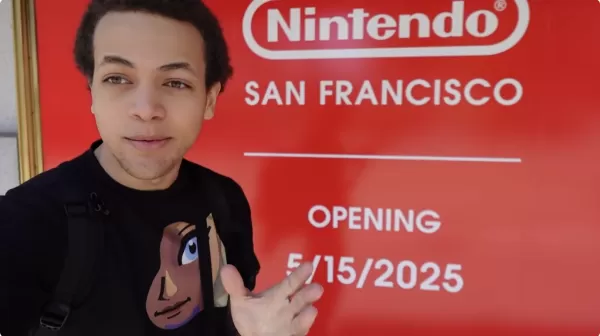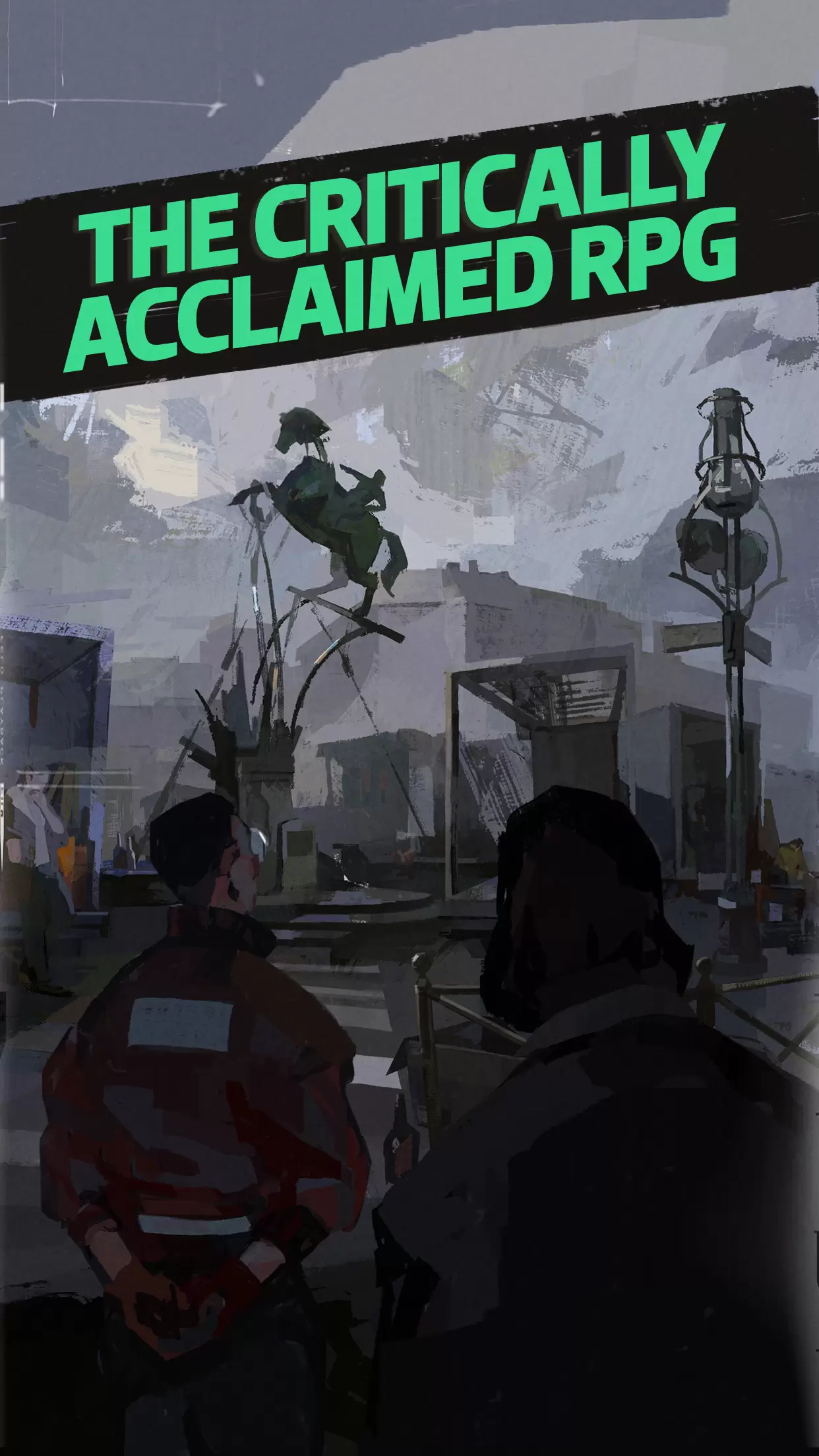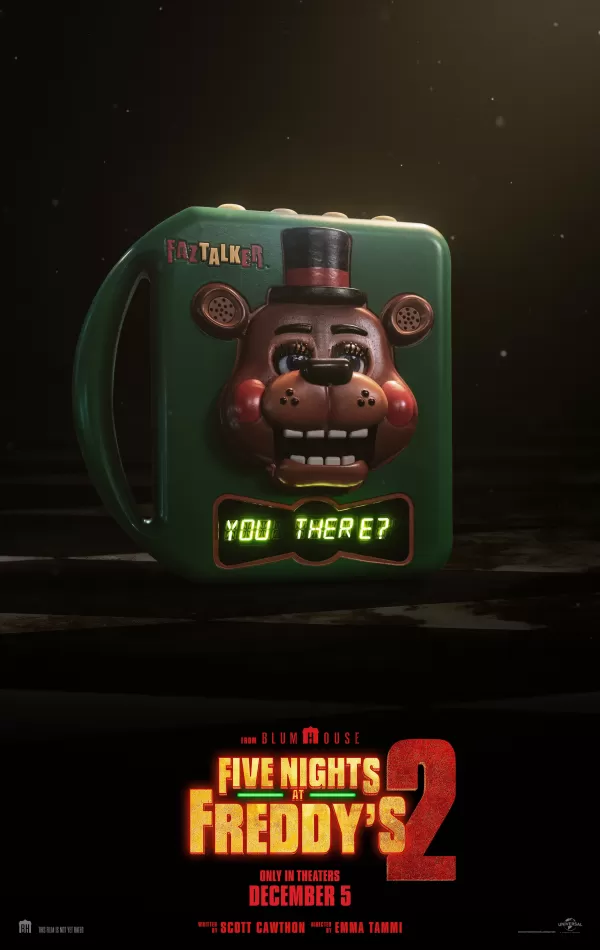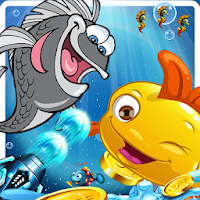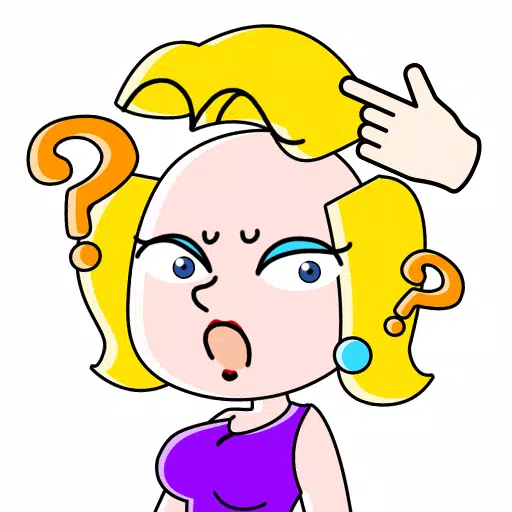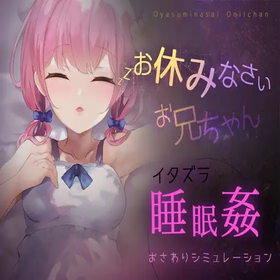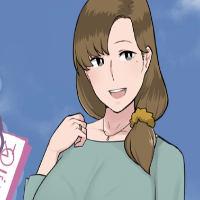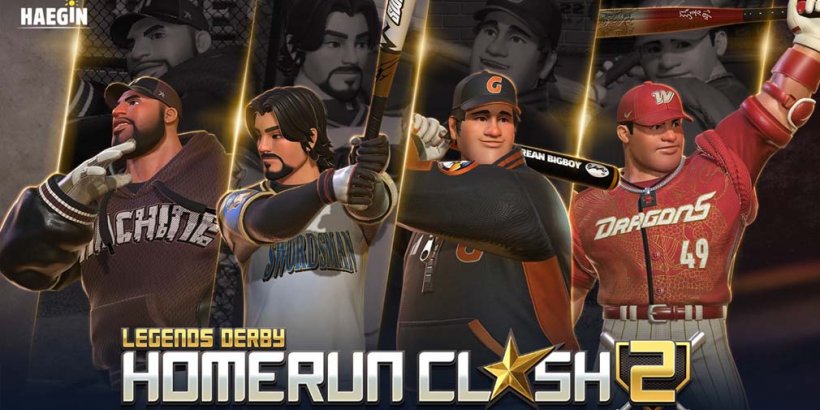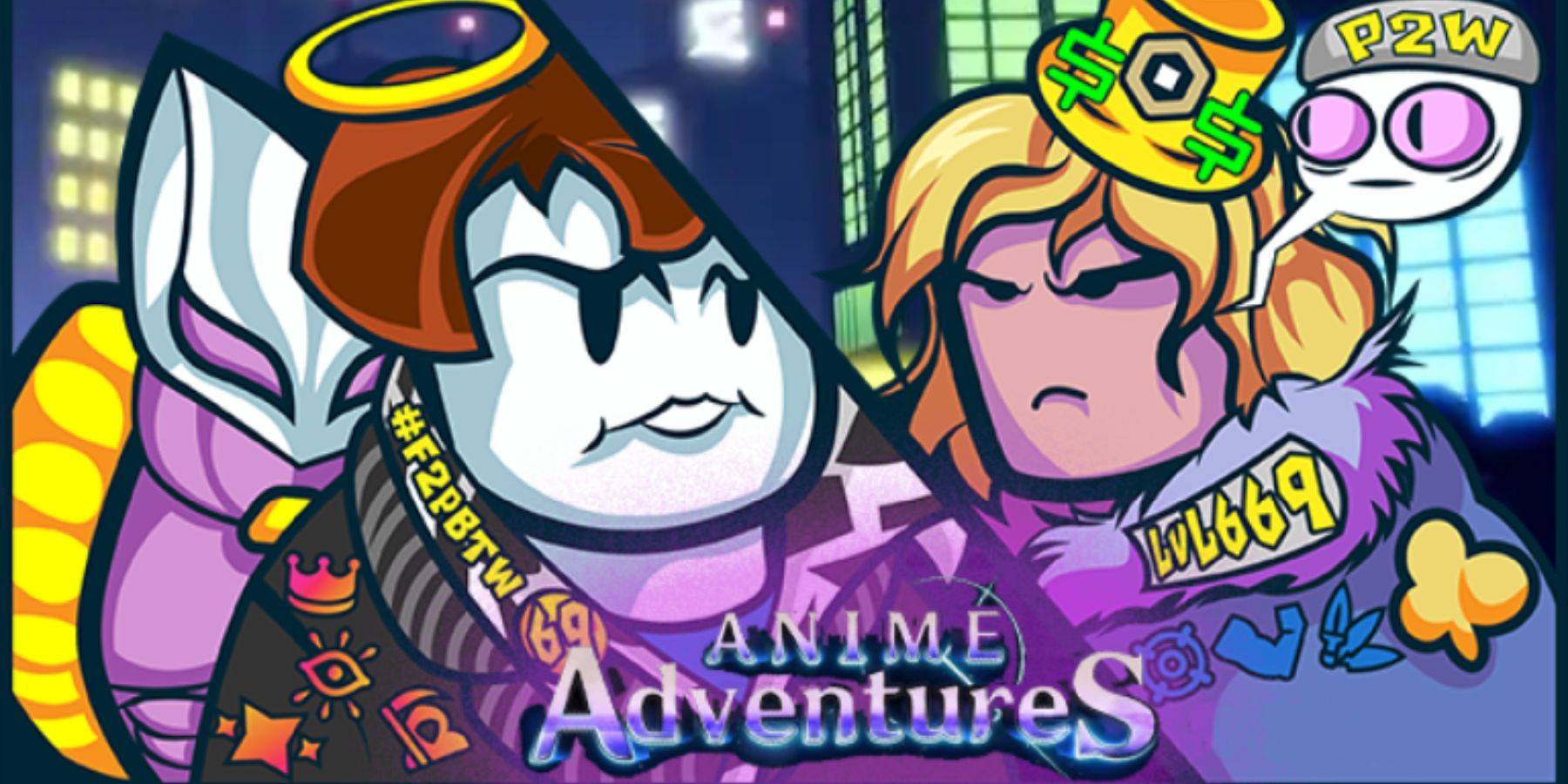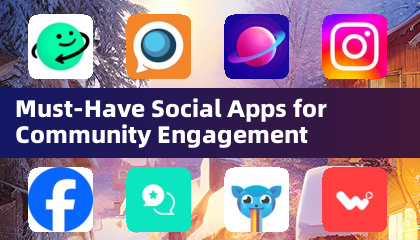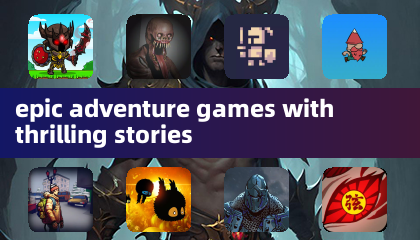Pokémon Chinese Clone Loses $15 Million Dollars in Copyright Lawsuit
The Pokémon Company successfully defended its intellectual property in a copyright lawsuit against Chinese companies that copied its Pokémon characters, winning a $15 million judgment.
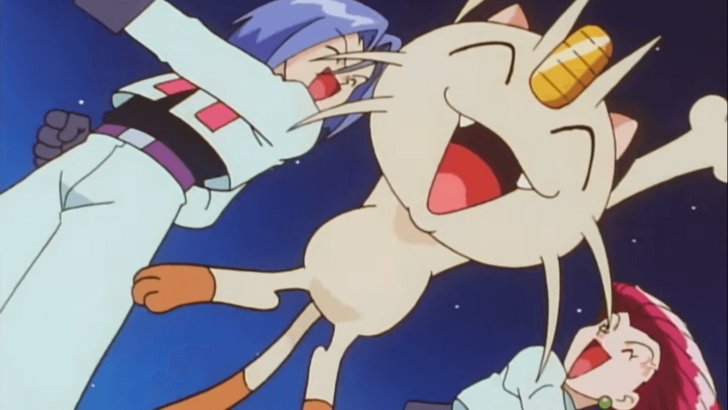
Pokémon Company Prevails in Copyright Infringement Case
A legal battle concluded with a significant victory for The Pokémon Company. The company successfully sued several Chinese companies for copyright infringement and intellectual property theft, securing a $15 million damages award. The December 2021 lawsuit targeted a game, "Pokémon Monster Reissue," that blatantly copied Pokémon characters, creatures, and core gameplay mechanics.
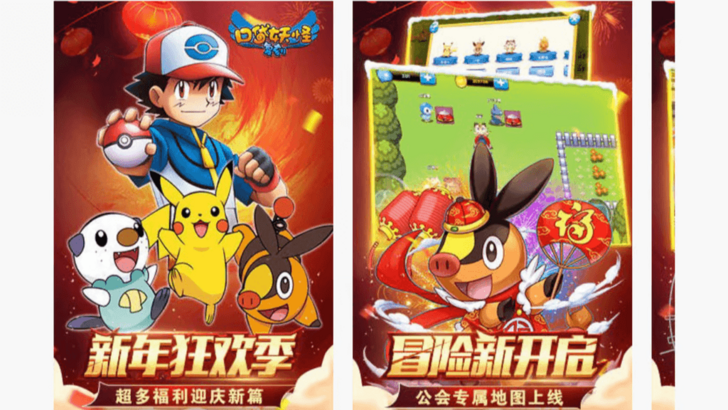
Launched in 2015, "Pokémon Monster Reissue" featured striking similarities to the Pokémon franchise. Characters closely resembled Pikachu and Ash Ketchum, and the game mirrored the series' turn-based battles and creature-collecting mechanics. While acknowledging the existence of many monster-catching games, The Pokémon Company argued that "Pokémon Monster Reissue" went beyond inspiration and constituted blatant plagiarism. The game's icon used Pikachu artwork from Pokémon Yellow, and advertisements featured Ash Ketchum, Oshawott, Pikachu, and Tepig without alteration. Gameplay footage further revealed characters like Rosa from Pokémon Black and White 2 and Charmander.
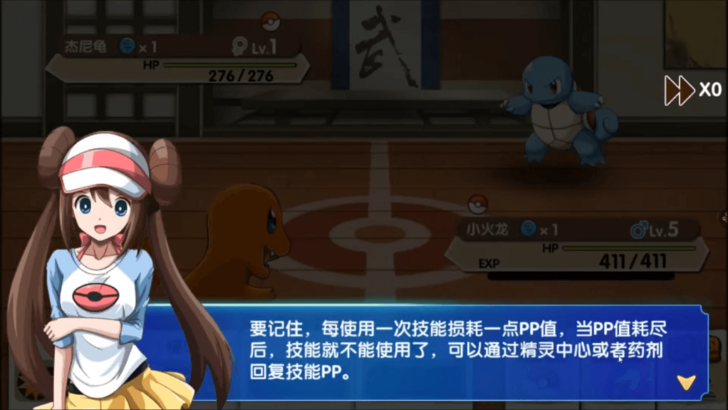
Initially, The Pokémon Company sought $72.5 million in damages, a public apology, and a halt to the game's development and distribution. While the Shenzhen Intermediate People’s Court's final judgment was lower, the $15 million award serves as a strong deterrent against future copyright infringement. Three of the six sued companies have reportedly filed appeals.
The Pokémon Company stated it will continue protecting its intellectual property to ensure fans worldwide can enjoy Pokémon content without issue.
Balancing IP Protection and Fan Creativity
The Pokémon Company has faced criticism for taking action against fan projects. However, former Chief Legal Officer Don McGowan clarified that the company doesn't proactively seek out fan projects. Action is typically taken when projects gain significant funding or media attention, indicating a potential for commercial exploitation.
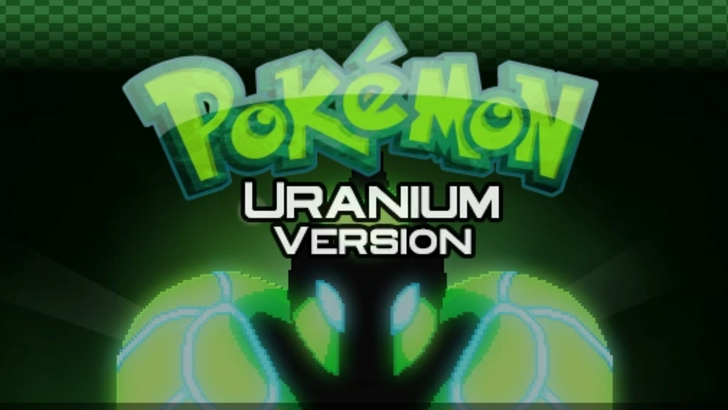
McGowan stated that the company generally learns of fan projects through media or personal discovery, emphasizing that publicity can inadvertently draw attention to projects. Despite this approach, takedown notices have been issued for some smaller fan projects, including creation tools, games like Pokémon Uranium, and viral videos.
